In decree signed by Russian president, individuals also targeted in measures
Russian President Vladimir Putin signed a decree on Tuesday that bans economic relations with sanctioned individuals from "unfriendly countries" on a soon-to-be-published list.
The move was a response to "unfriendly" actions contradictory to international law that have been taken by the United States and other countries, as well as international organizations, according to a Kremlin statement that adds those actions "are aimed at illegally depriving and restricting Russia's and Russian citizens' property rights".
The export of products and raw materials to "unfriendly" people and entities will be forbidden under the decree.
As part of the measures, Putin ordered the Russian government to draft a list of sanctioned figures within 10 days, and determine additional criteria for deals and obligations to be categorized as banned in compliance with the decree.
In a related move, Russia's Foreign Ministry said on Wednesday that it has banned entry to several dozen Japanese officials, including Prime Minister Fumio Kishida, after Tokyo joined international sanctions against Moscow over its military campaign in Ukraine.
On the day that Putin signed the decree he had a phone call with his French counterpart Emmanuel Macron in which he said that despite Kyiv's "unpreparedness for serious work", Russia remains open to dialogue.
Putin told the French leader that the West must stop supplying weapons to Ukraine and accused Kyiv of not taking seriously the talks to end the conflict.
Push for more evacuations
Macron asked Putin to restart evacuations at the besieged Azovstal steel plant, the last holdout of Ukrainian forces in the southern port city of Mariupol, in coordination with humanitarian units. He also said that the evacuees must be allowed to choose their destinations, as provided for under international law.
Russian forces reportedly launched a major assault on Tuesday on the Azovstal plant, as 101 civilians who had been trapped in the site for weeks were finally brought to safety.
However, the Kremlin said on Wednesday that Russia was not "storming" the plant.
The United Nations and Red Cross said the 101 people were moved out as part of a five-day operation.
"Without a doubt, we will continue doing everything we can to get all our people out of Mariupol, out of Azovstal," Ukrainian President Volodymyr Zelensky said in a video address.
A further 58 people joined the civilians' convoy to Zaporizhzhia from the city of Mangush, outside Mariupol, said Osnat Lubrani, the UN's humanitarian coordinator for Ukraine.
She said that there "may be more civilians who remain trapped" in Azovstal, adding that the UN was ready to return to bring them to safety.
British Prime Minister Boris Johnson on Tuesday pledged a further 300 million pounds ($376 million) in military aid to Ukraine, as he became the first foreign leader to address the nation's parliament since Russia's special military operation began.
Envoys from European Union countries failed to reach an agreement on Wednesday on a proposed embargo against Russian oil, but they were expected to move closer to a deal at a meeting on Thursday, an official familiar with the talks told Reuters.
In response to the possible ban, Kremlin spokesman Dmitry Peskov said on Wednesday that Russia has been looking into various options as it braces for an EU oil embargo.
The bloc also pledged to "significantly increase" its support for Moldova, Ukraine's neighbor that has seen a series of attacks.








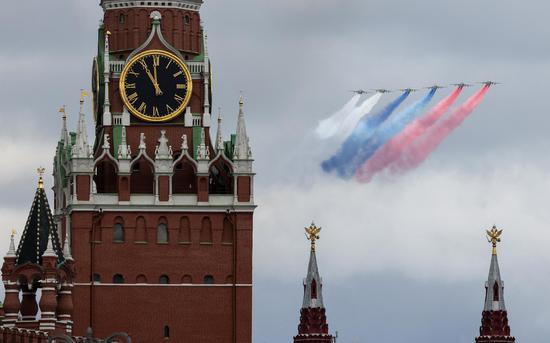

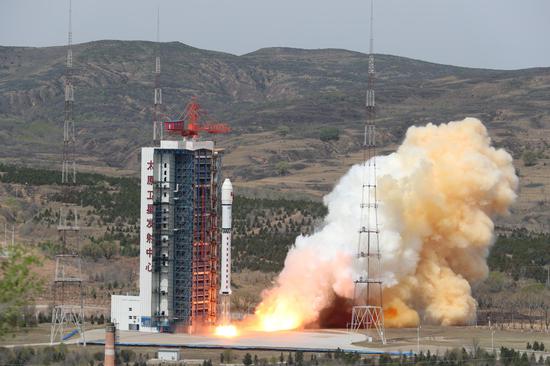
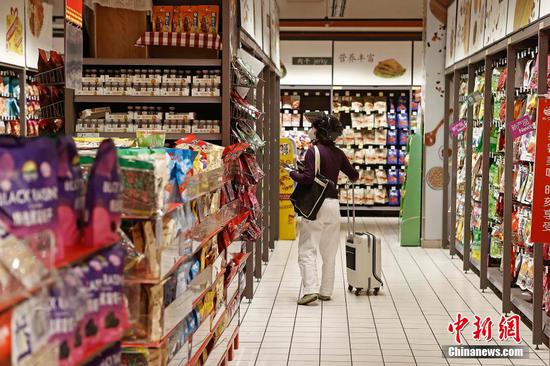
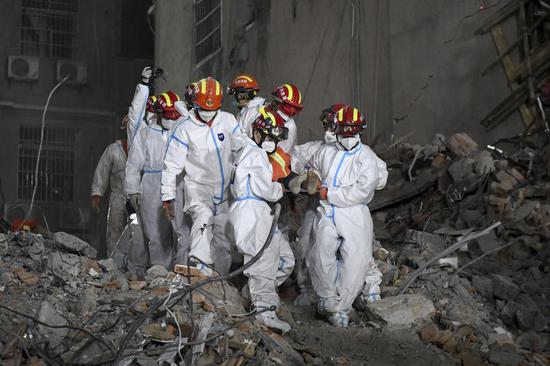
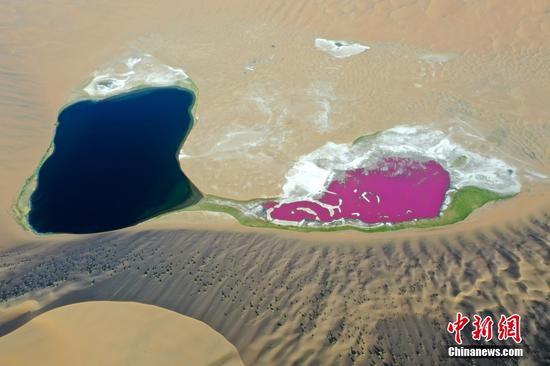
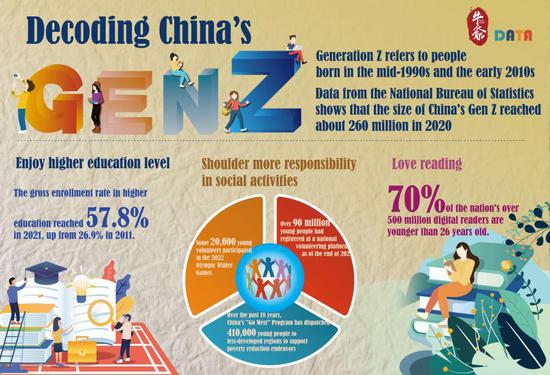
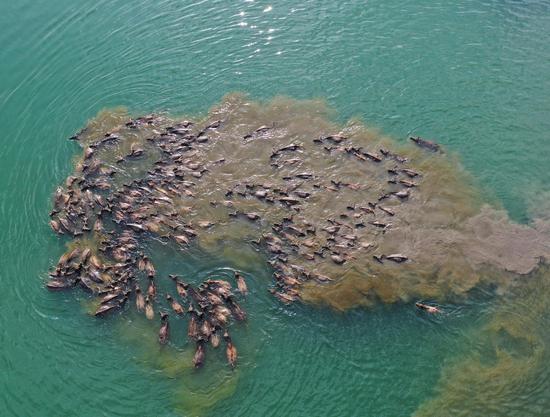
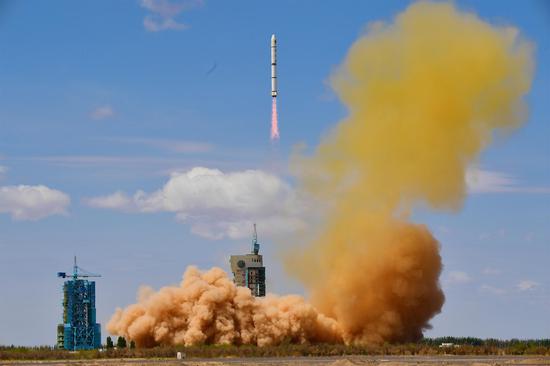
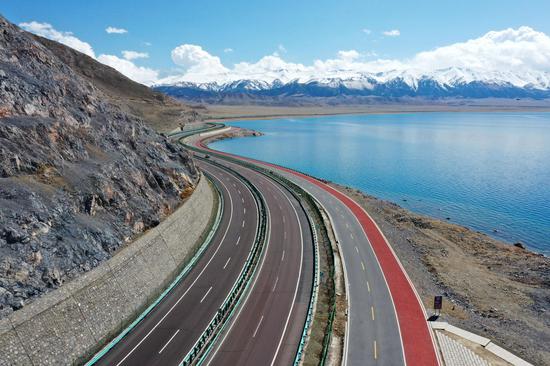
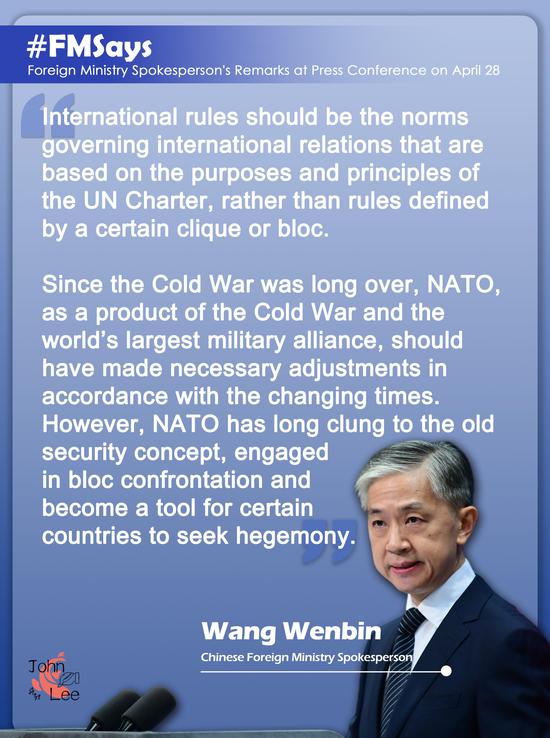
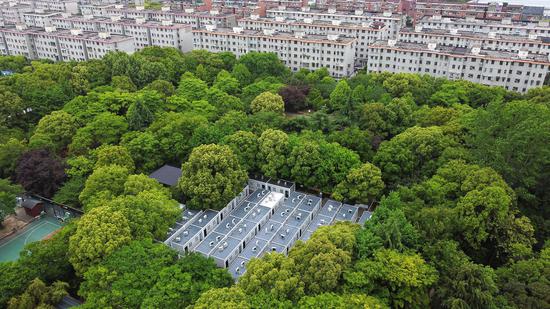

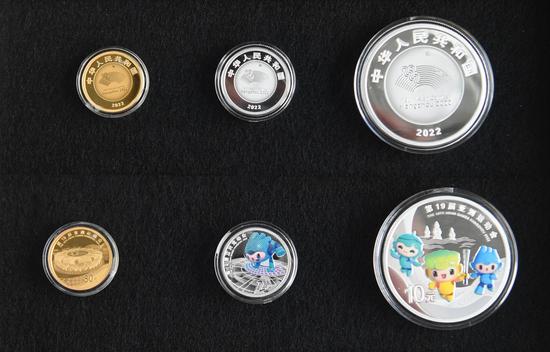
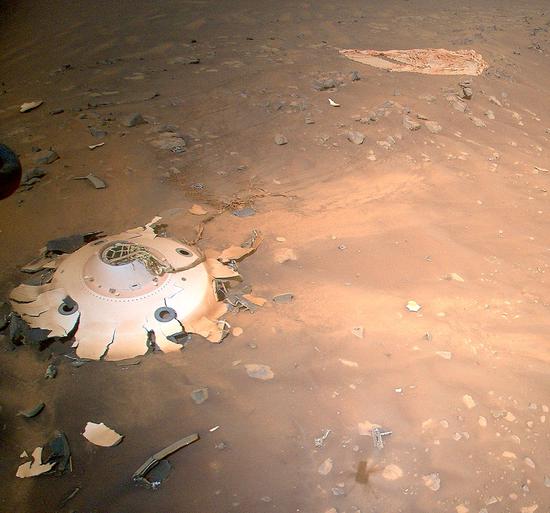
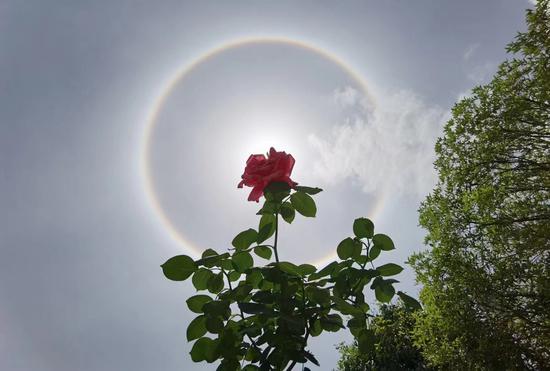
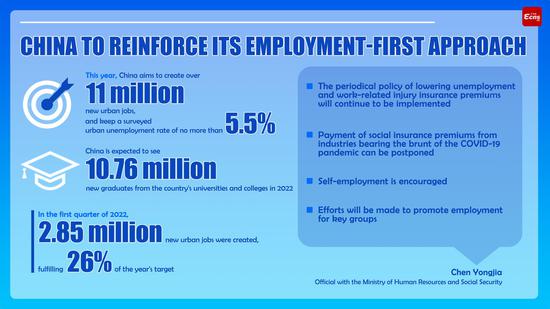
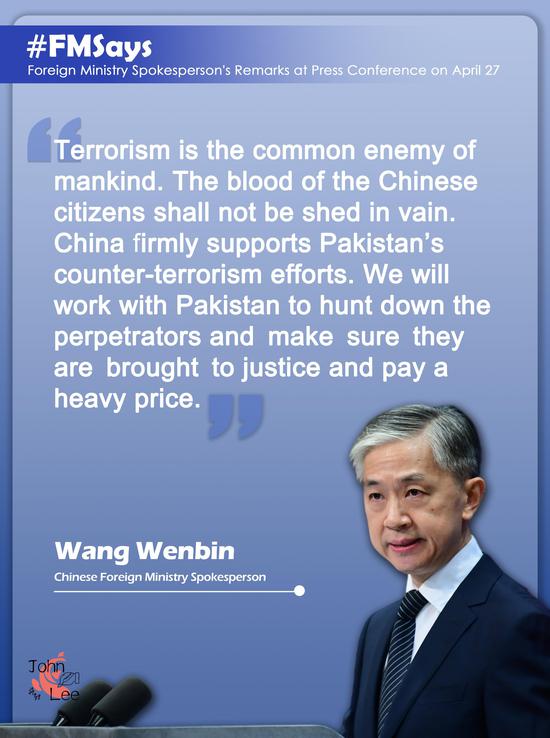
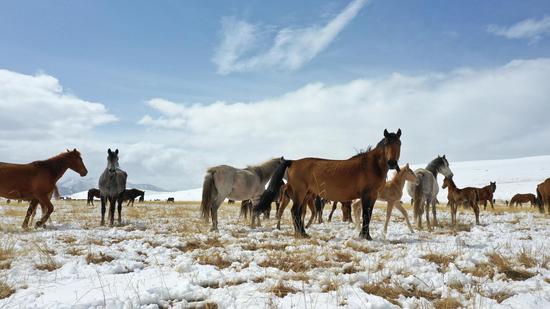
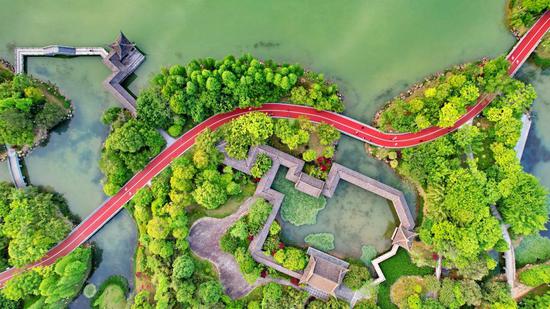
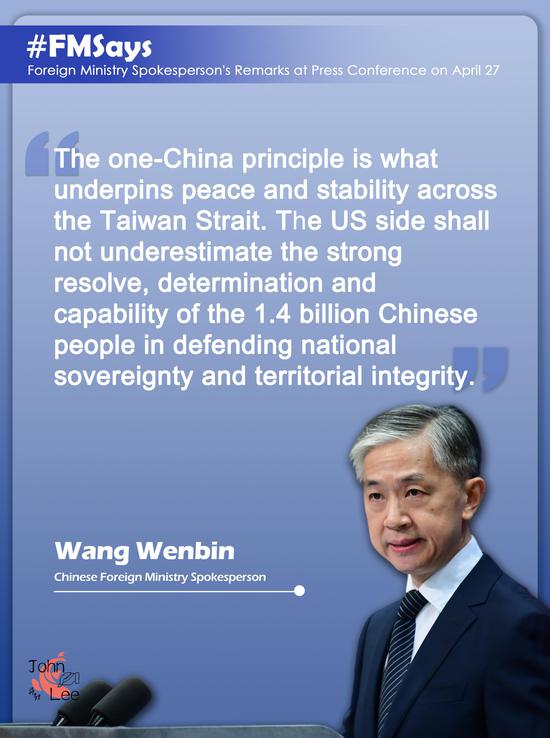
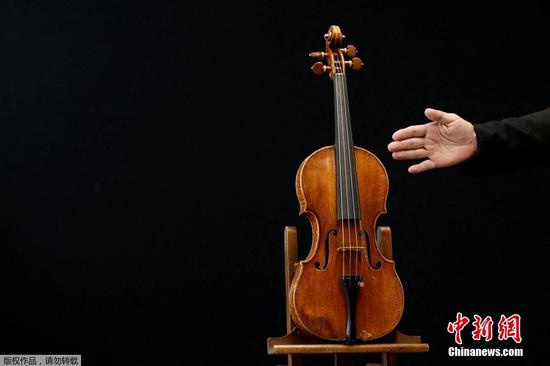
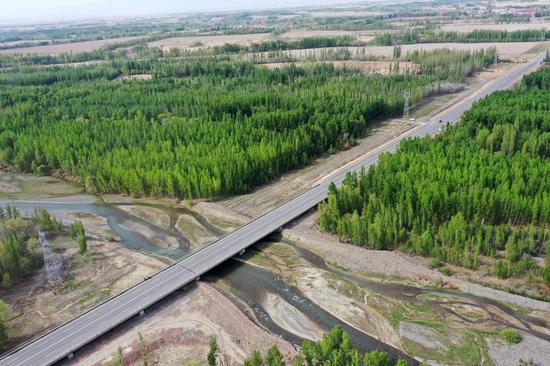
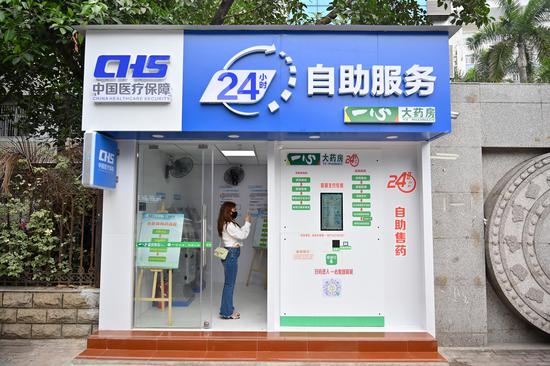
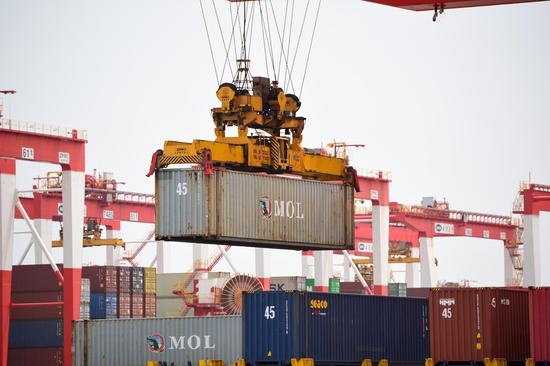
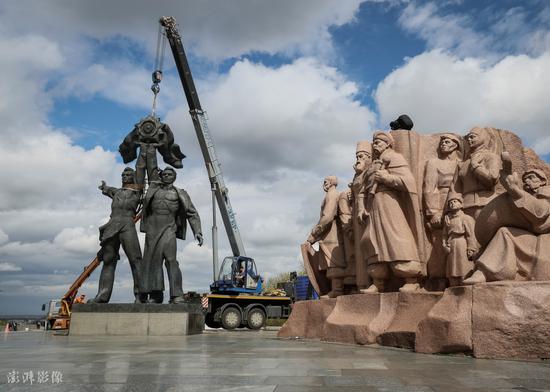
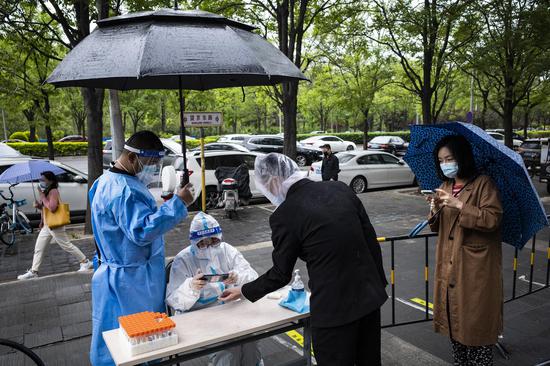

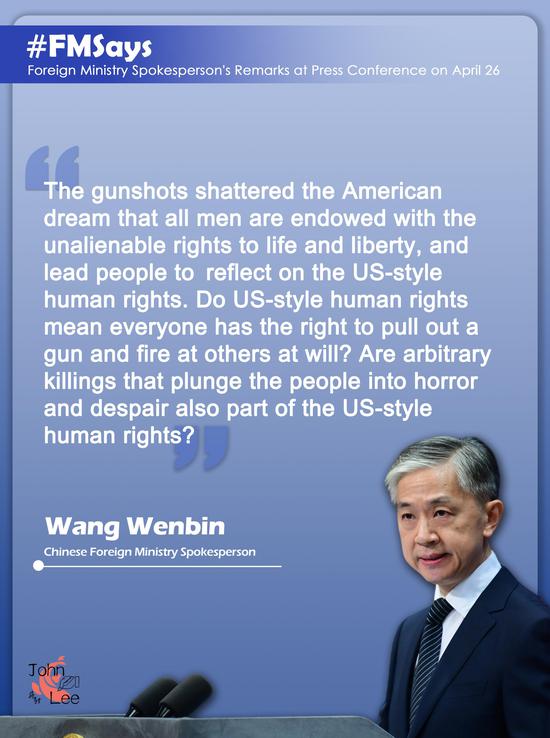
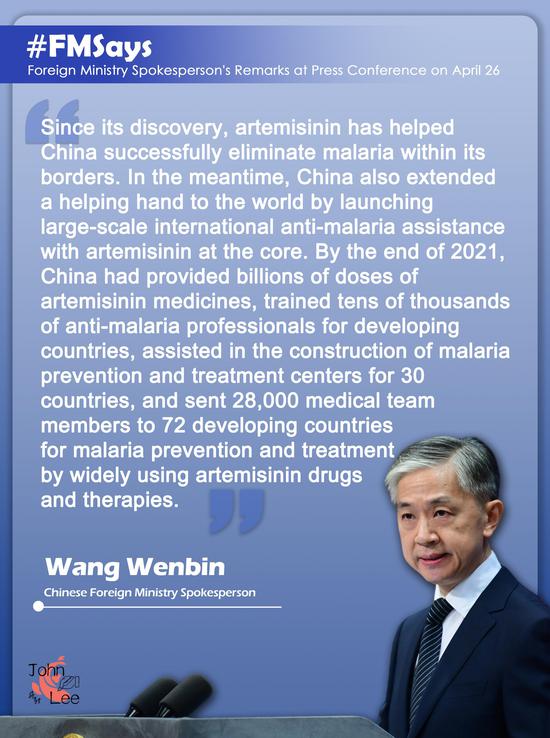
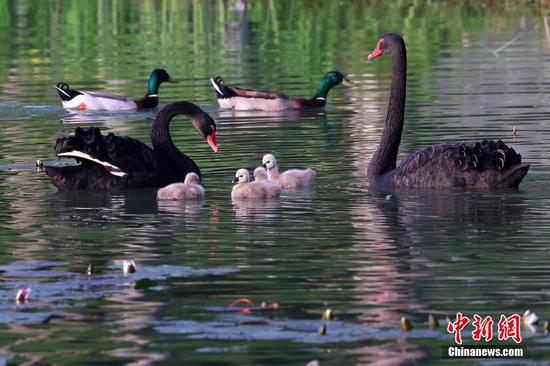
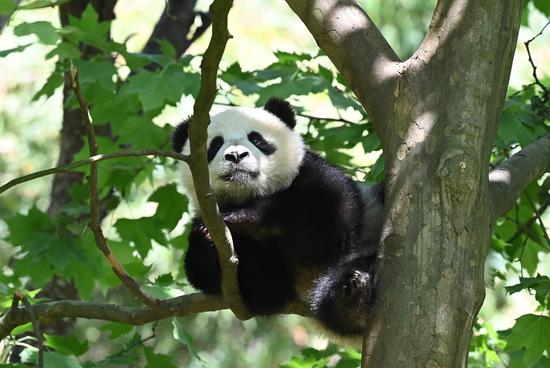
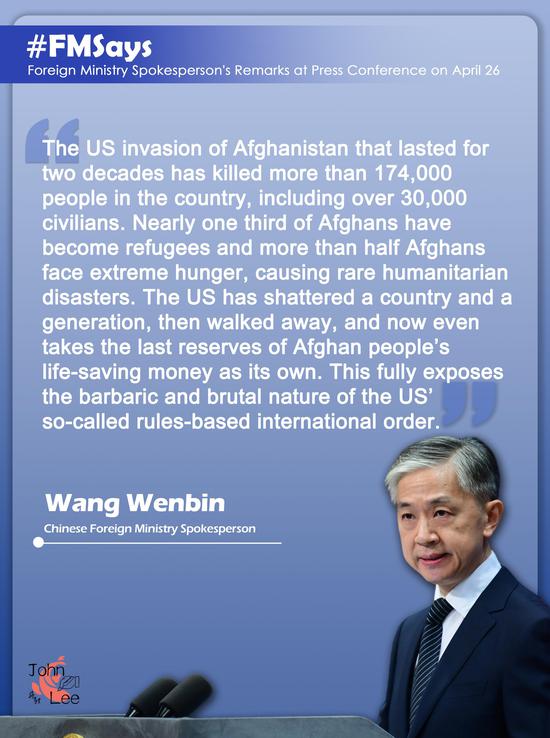
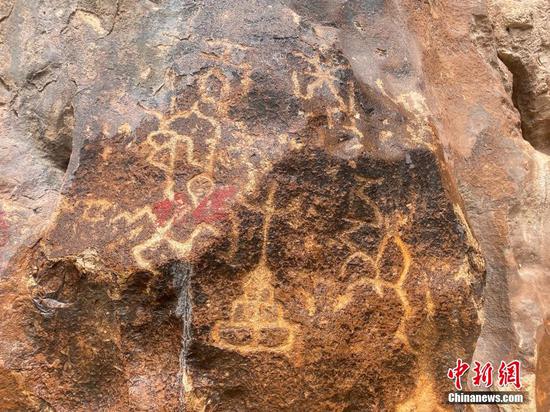
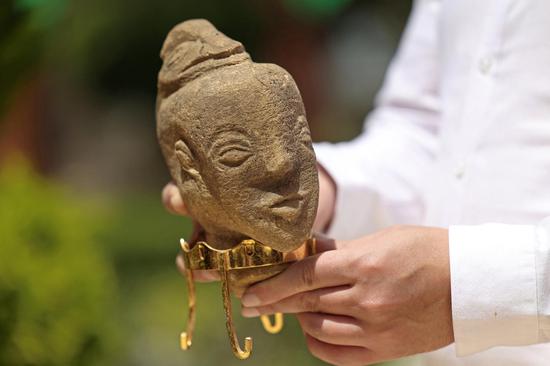
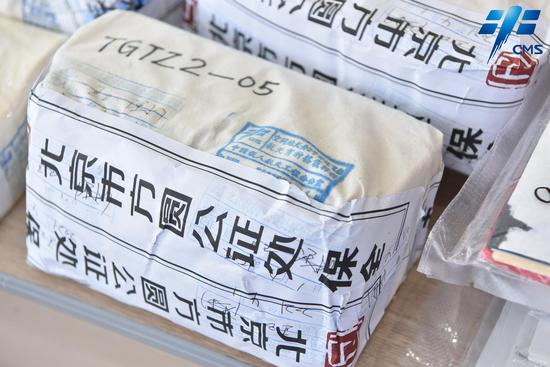





 京公网安备 11010202009201号
京公网安备 11010202009201号
